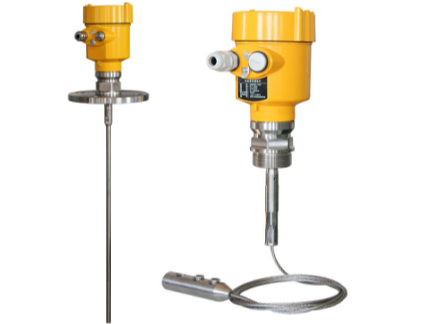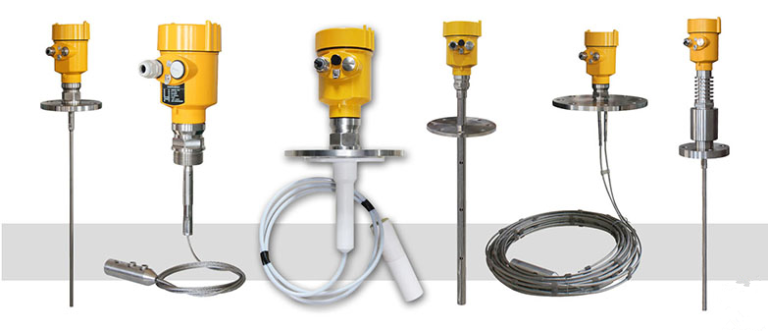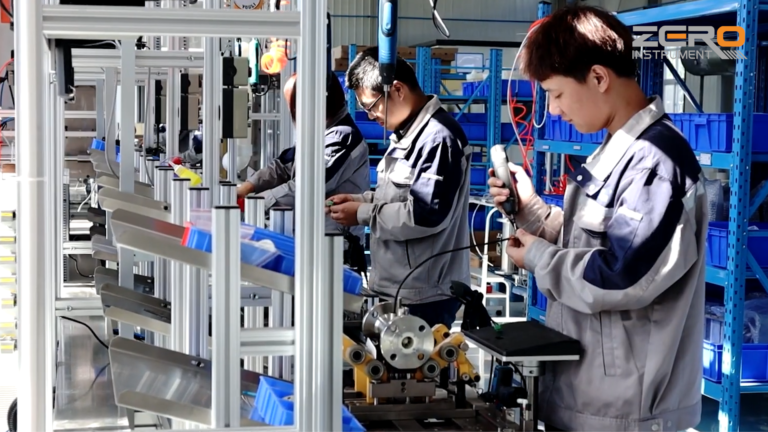Among many measuring instruments, guided wave radar level meters are widely favored for their high accuracy and reliability. However, choosing a suitable level meter is not an easy task, and it requires a deep understanding of the instrument’s characteristics, usage environment, and technical parameters.
This article aims to provide some practical suggestions to help users make a wise choice when purchasing a guided wave radar level meter.

First, the specific type of the measured medium must be clear. Different types of media have different requirements for the material and model of the guided wave radar level meter. For example, corrosive liquids may require probes made of special corrosion-resistant materials, while viscous liquids may require probes of specific designs to avoid adhesion.
Therefore, it is crucial to have a detailed understanding of the physical and chemical properties of the measured medium before selecting a level meter. Secondly, considering the installation conditions is another key factor in selecting a level meter.
The installation location of the guided wave radar level meter should avoid strong sources of electromagnetic interference, such as large motors or transformers.
In addition, it is also very important to ensure that the installation point can be easily maintained and calibrated. If the installation environment is small or difficult to access, it is particularly important to choose a level meter model that is easy to install and maintain.

Furthermore, the selection of range and accuracy cannot be ignored. Different applications have different requirements for measurement accuracy and range.
Generally speaking, guided wave radar level meters can provide a wider range and higher accuracy, but the specific parameters need to be determined according to actual needs.
For applications that require high-precision measurement, it is more appropriate to choose a level meter with higher resolution. In addition, environmental conditions also affect the selection of level meters. Under high temperature, high pressure or extreme weather conditions, it is necessary to choose a level meter that can adapt to these special environments.
There are some guided wave radar level meters designed for harsh environments on the market, which usually have better protection levels and weather resistance. Finally, the choice of supplier is equally important.
Choosing a reputable and service-oriented supplier can provide technical support and after-sales service during the use of the product. Before signing a contract, it is very necessary to understand the supplier’s market reputation, product quality assurance, and after-sales service policy.

In summary, when purchasing a guided wave radar level meter, you need to consider multiple aspects, including medium characteristics, installation conditions, range accuracy, environmental factors, and supplier selection.
Only in this way can you ensure that you purchase high-quality products that meet specific needs, thereby ensuring measurement accuracy and long-term stable operation of the equipment.
